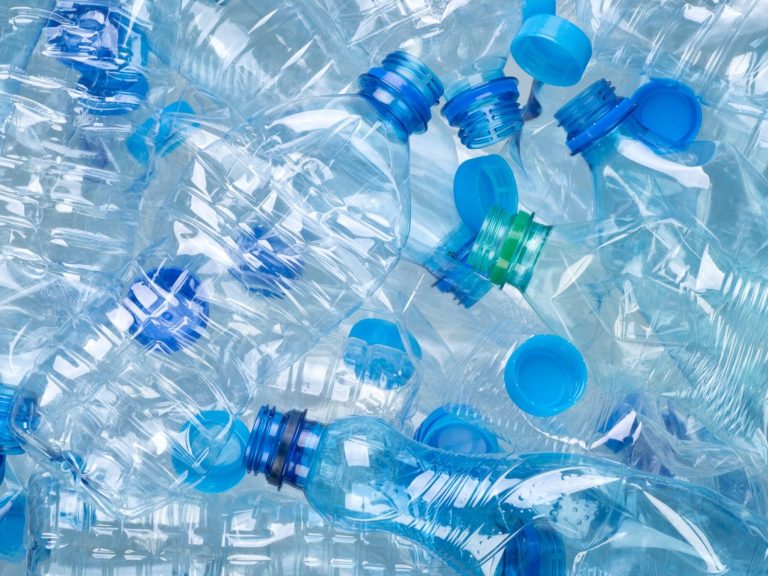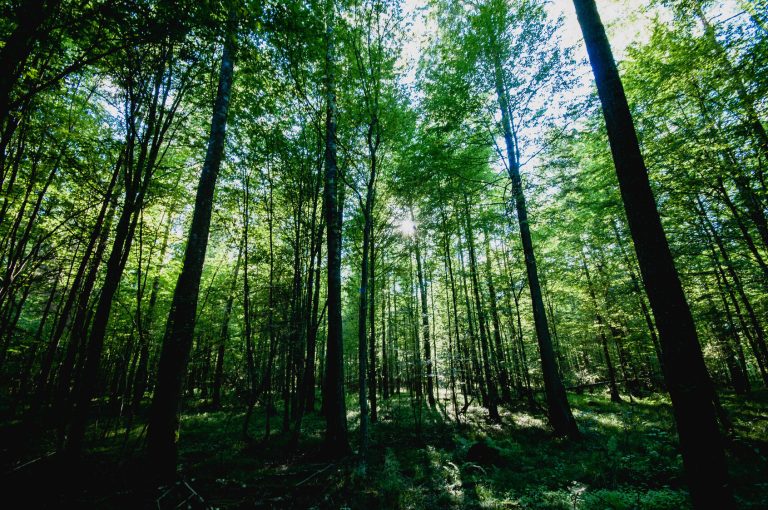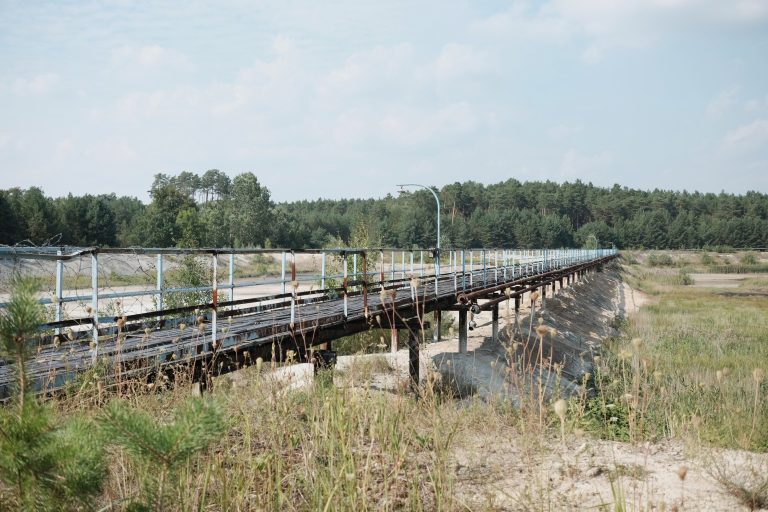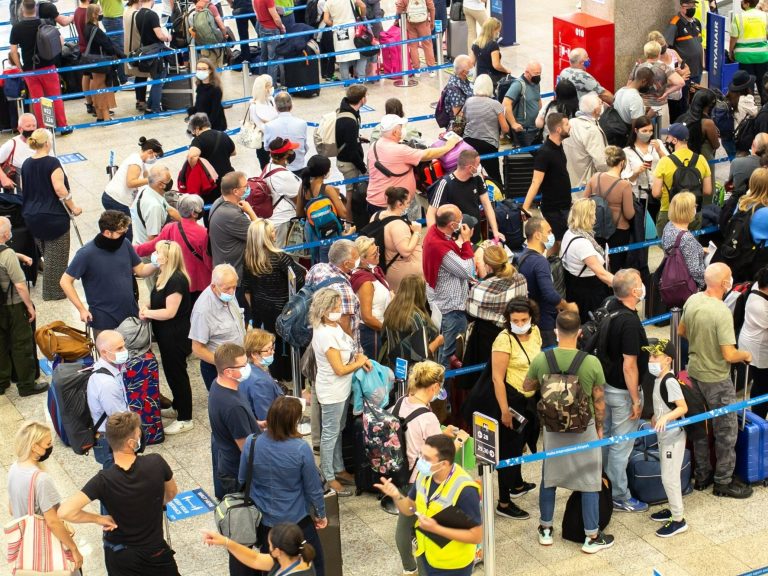Pomerania without Tricity, Mielno, Hel and Łeba? Urszula Stefanowicz draws a worst-case scenario
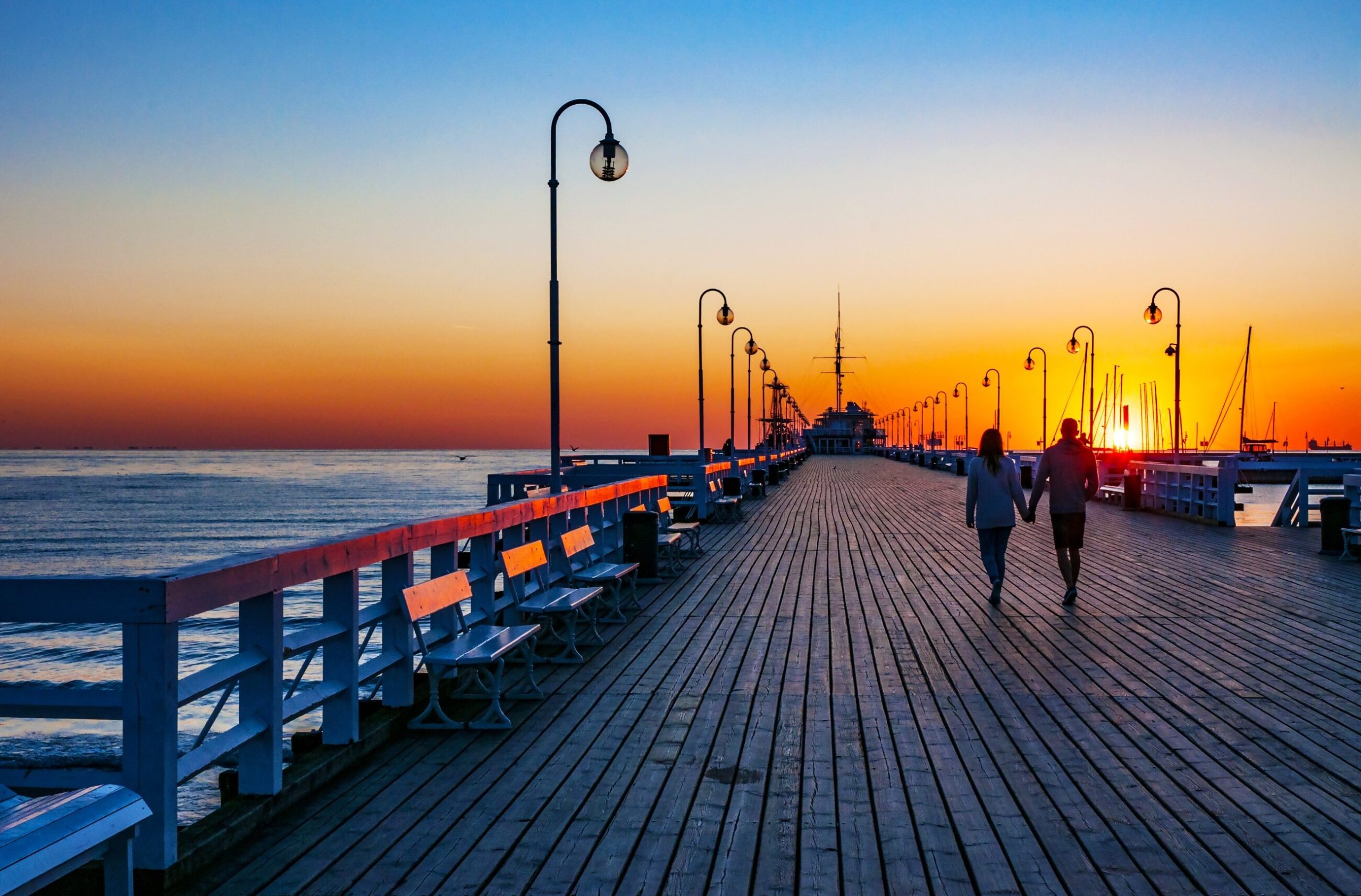
Uruszula Stefanowicz from the Climate Coalition commented on TOK FM radio on the report of the UN Intergovernmental Panel on Climate Change (IPCC), announcing an increase in the Earth’s average temperature. She listed several popular resorts that would disappear from our map as a result of such changes.
Scientists have estimated that average global temperatures will increase by up to 1.5 degrees Celsius over the next 20 years, which will cause sea and ocean levels to rise. In the perspective of 150 years, it would be as much as 98 centimeters to 1.88 meters in the worst-case scenario. Extreme studies say 5 meters.
– We would definitely lose Świnoujście. We would certainly lose many of our favorite vacation spots: Dziwnów, Kołobrzeg, Mielno, Darłowo. Certainly in Gdańsk, Gdynia and Sopot, as well as in Wejherowo and Puck – the water would also penetrate there – said the expert. – Of course, Hel and Jastarnia would be completely lost. Łeba and the Słowiński National Park too, she added.
The greatest flooding would affect the floodplains on the side of the Bay of Gdańsk, i.e. Nowy Dwór Gdański, the vicinity of Tczew, Malbork and Elbląg. As Stefanowicz explained, the flooding will not happen immediately. Initially, the number of storms and hurricanes will increase, which will increase the risk of flooding and, consequently, the number of days when coastal cities will be plagued by such phenomena. Eventually they will become uninhabitable and only later will they be completely covered with water.
The activist warned that it may be too late to improve the situation, because the system of seas and oceans reacts to changes with a delay. – So for hundreds and thousands of years, the water level may rise and their acidification will increase. This will also make the quality of these waters worse and worse, which in turn will affect industries such as fishing, she said.
The solution at this point would be to change energy policy. – I’m not saying it would be easy. That would be difficult. I’m not saying it wouldn’t cost us money, because it would. But at the moment it is absurd to talk about costs when we are sure that the costs of doing nothing will be much higher – she emphasized.

